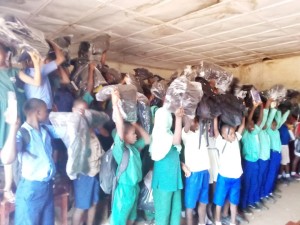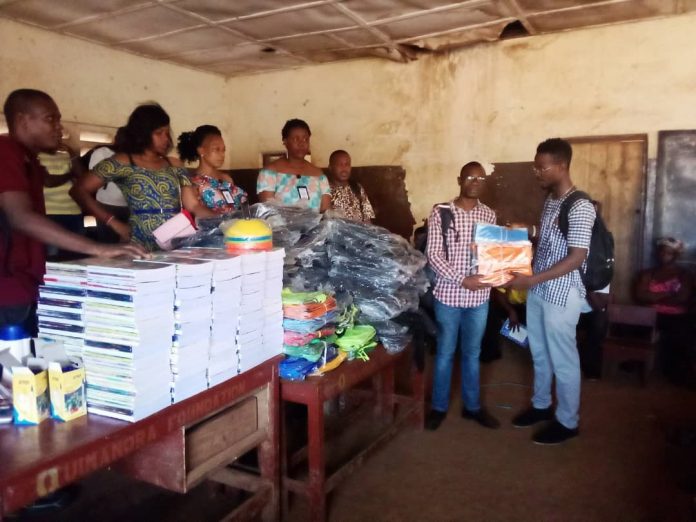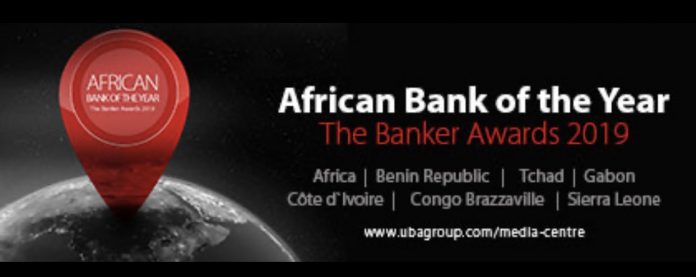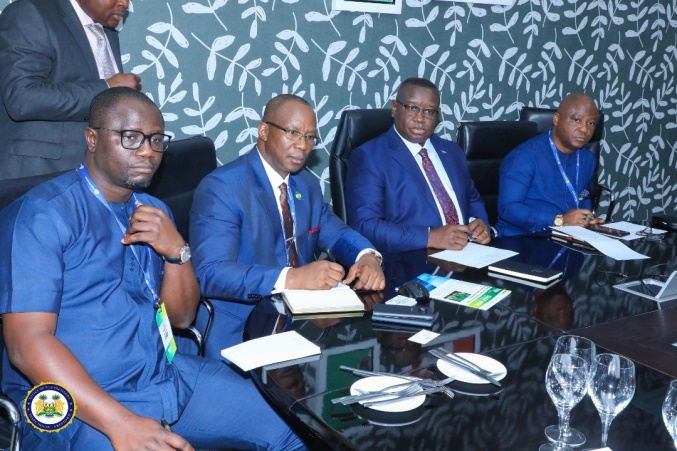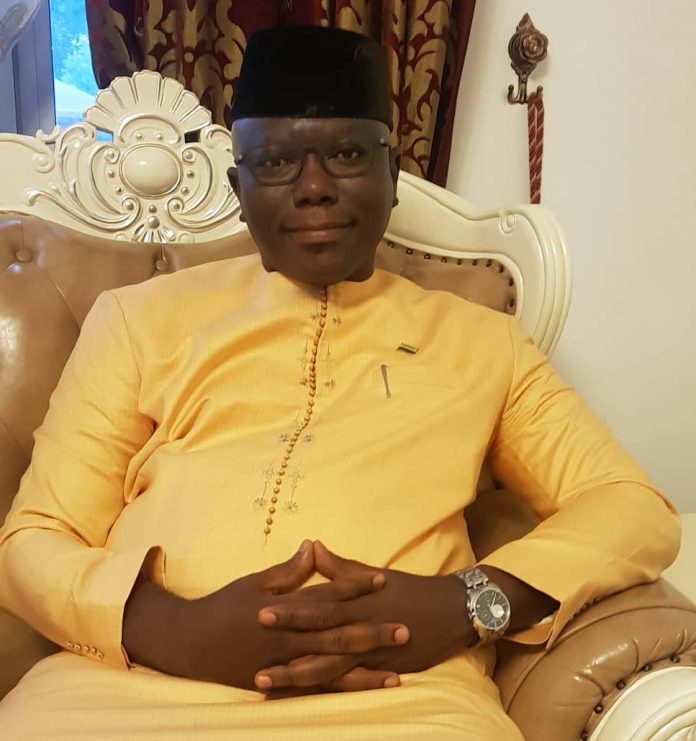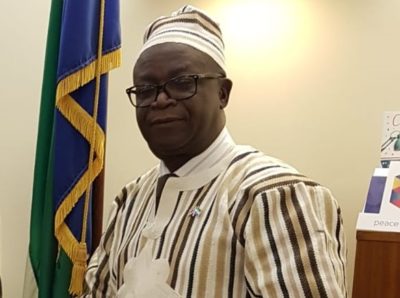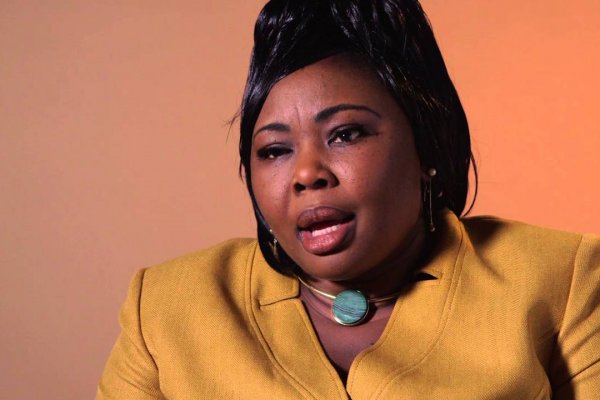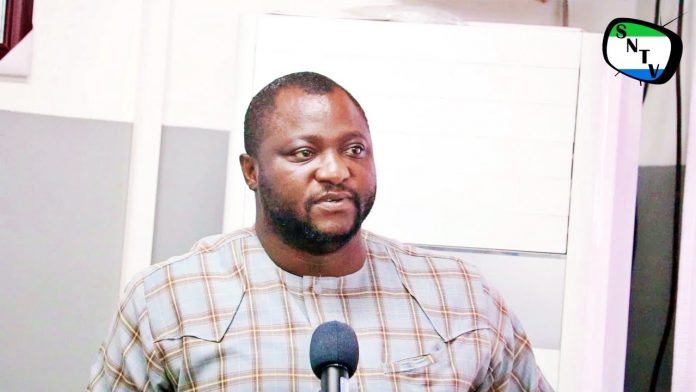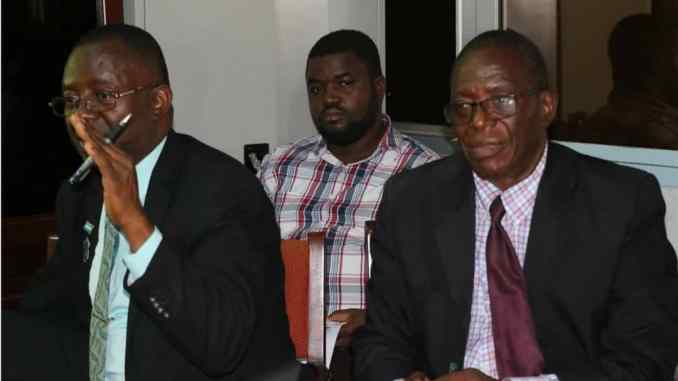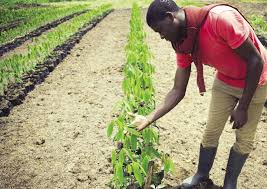By Foday Moriba Conteh
In order to support less privileged children in Sierra Leone, We Yone Child Foundation, with support from SOL Foundation, has on Friday 8th February, 2020 launched a two year Sport for Social Change Project for schools in Kroo Bay and George Brook communities. The event took place at the Kroo Bay Community Centre in Freetown.
During which school items and sport kits worth millions of Leones were donated to school-going pupils in six primary schools within Kroo Bay and George Brook communities.
Speaking to this medium in an interview, Founder/Executive Director, of We Yone Child Foundation, Santigie Bayo Dumbuya, expressed profound appreciation to SOL Foundation for supporting the project, adding that the Foundation is using the power of sport on their mission to provide sustainable education and care to underprivileged children in Kroo Bay and George Brook Communities in Sierra Leone. The project, he said, is a sport based programme using football, boxing or martial arts which in an upgraded version will benefit people in the communities.
He noted that this project is designed to benefit 1,900 direct beneficiaries, aged 8-18 years, 50% girls and 50% boys who are at risk of dropping out of school and prone to teenage pregnancy/rape within the two slum communities of Kroo Bay and George Brook. He added that as part of the project beneficiaries, 100 teenage girls will be trained in Boxing and Martial Art skills as a self-defense strategy against sexual abuses.
Giving a brief background about the Foundation, he said, We Yone Child Foundation was founded in 2009 and since then they have been impacting the lives of young people in Sierra Leone underscoring how they have welcomed new staff and volunteers, introduced new social development programs, trained teachers and other staff, created a plan to guide their projects and nourished long-lasting partnerships.
He stated that complementary to running their schools, WYCF has also successfully created community outreach projects such as Sport for Social Change, which uses football to spread key messages concerning sex education and child protection, and has featured 1,600+ pupils from 10 Primary Schools in central Freetown.
“We are so thankful to be working with loving and caring staff, volunteers and partners. Our great success is the communities’ success,” he maintained.
Teacher, Methodist City Mission Primary School, Nathaniel G Williams, expressed his deepest appreciation to the organization for launching the two year sport for social change project for schools in Kroo Bay and George Brook communities, adding that such a gesture is really helping them and their children.
He assured the organization of their commitment as a teacher to ensure that they monitor their children and promised that they will make good use of this available opportunity.
He called on other humanitarian organizations to support We Yone Foundation as many other children in slum communities are really challenged in terms of accessing school items, sport kits.
Mariama Koroma, a pupil of the We Yone Foundation primary school, who was also a beneficiary, applauded the Foundation for the donations, adding that such a gesture is really helping them as children.
She urged other beneficiaries to take their studies serious and make good use of the opportunity in order to enhance their development as children.
